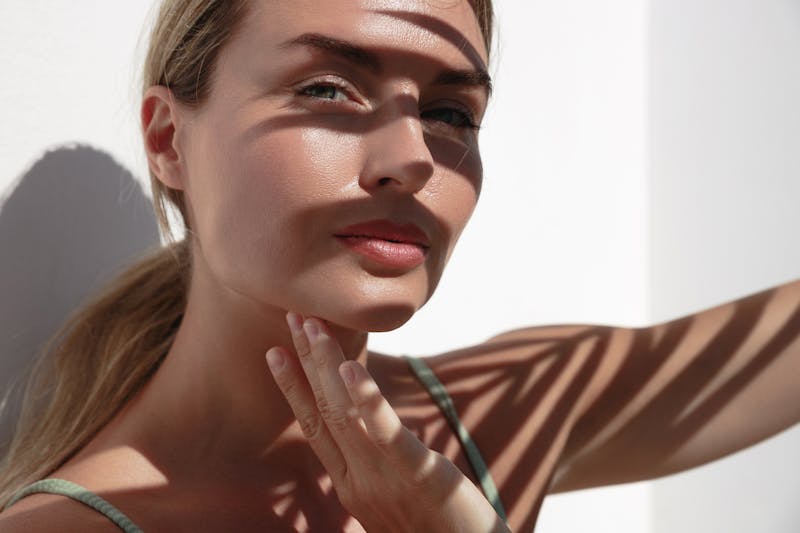
09 Jul 2025
Every person’s anatomy is unique. This includes your skin. It’s why all of my skincare treatment plans are individualized to a patient’s needs and lifestyle. If you are low maintenance, for example, a complicated, multi-step routine is probably not one with which you’ll stick. And no skincare is effective if you do not commit to it regularly. Having said all that, I have a couple of go-to products. The first is sunscreen. I recommend this as part of any patient’s routine regardless of age, gender or ethnicity. And the second is some form of retinol. Not only is it youth in a bottle, but it is also an excellent treatment option for anyone with pimples or acne. An appropriate retinol may also help your other skincare products to penetrate more effectively. There are, however, a myriad of choices that many of my Boston area patients find confusing. Here is a Retinol 101 — understanding the difference between over-the-counter (OTC), medical-grade and prescription retinol.
Concentration of Retinol & Availability Drives Differences
The fundamental difference between OTC, medical-grade and prescription retinol really comes down to the strength of the active ingredients as well as the ease of purchase. An over-the-counter product is readily available at your local drugstore and you do not need a prescription to purchase one. However, the concentration of retinol in an OTC product is going to be lower. This means that it may take longer to achieve a noticeable result. On the plus side, there is less risk of an adverse reaction such as red, itchy skin. For younger patients, an OTC product may be ideal. But if you have more intense acne, for example, a stronger concentration of retinol might be a better choice. I will go over all of these options with you in detail during your initial consultation.
Medical-Grade Retinol vs. Prescription Retinol
A medical-grade retinol is a step up strength wise from any OTC option. While you will not need a prescription for one of these products, they are only sold through a skincare specialist’s office whether that be a dermatologist, plastic surgeon, or aesthetician. In our office, one of the retinol products that I recommend most often is by SkinBetter® Science. Not only is it effective for improving:
• Fine lines & wrinkles
• Uneven, “crepey” skin texture
• Mild sagging
• Dull appearance
• Acne
It is also highly tolerable. The downside for some patients when it comes to retinol is skin irritation. I am always looking for the product that will get the job done with the least amount of bother which brings us to our last category — prescription retinol.
The advantage of prescription Tretinoin is that it contains the highest concentration of retinol, making it extremely effective. It may also be considerably less money than a medical-grade option. But a lot of patients have a tolerance issue with prescription retinols. There are some tricks for combatting Tretinoin induced skin irritation. The first is logical. We start you on the lowest concentration, 2-3 nights a week. I may also recommend that you put on your serum or moisturizer first, and then apply the prescription retinol on top. If there’s no adverse reaction then you apply nightly, switch the order of application and then jump up in concentration until you reach the limit that your skin can tolerate.
To find out more about retinol, skincare, or any other aesthetic treatment with Dr. Melissa Michelon at Boston Center for Plastic Surgery, contact us today or call (617) 450-0070 to schedule a consultation.
